#Stradella
Explore tagged Tumblr posts
Text
Vinuva 2024 a Stradella
Saranno Vinuva e Le Vie del Buttafuoco a chiudere l’estate di Stradella, dal 20 al 22 settembre, nel centro storico. Venerdì 20, alle 18.30, ci sarà l’inaugurazione con l’aperitivo preparato dai ragazzi dell’istituto Santachiara e in piazza Trieste saranno posizionate sei casette di legno per ospitare aziende con i loro prodotti e le associazioni di categoria, mentre tra sabato e domenica sono…
0 notes
Text
Bella ciao

MY WORK
#mailart#artepostale#mailartproject#mailartcall#postcard#cartolina#bellaciao#festadellaliberta#Stradella#Claudio Gavina#ANPI
0 notes
Text
youtube
Alessandro Stradella (1643-1682) ? - Cantatas & Arias for Soprano & Continuo: No. 1, Soffro, misero, e taccio!
Artist: Cristina Fanelli
Ensemble: Alessandro Stradella Consort, Conductor: Estevan Velardi
7 notes
·
View notes
Text
Happy Holidays, and Merry Christmas!
Alessandro Stradella (1643-82) - Cantata "per la Notte del SS.mo Natale," IV: Terzetto: Oh di notte felice. Performed by Cristina Miatello, soprano, Caterina Calvi, contralto, Roberto Abbondanza, bass, and Enrico Casazza/La Magnifica Comunità on period instruments.
#alessandro stradella#baroque#classical music#cantata#christmas#christmas music#period performance#period instruments#natale#chorus#rarely performed composers#organ#christmas cantata#baroque music#soprano#contralto#bass#basso
28 notes
·
View notes
Video
youtube
Alessandro Stradella: Sinfonia in D minor for Violin & B.c No. 22
4 notes
·
View notes
Text
youtube
Pietà, Signore (Alessandro Stradella) - Academy of St Martin in the Fields 1997
Canção de 1660: link. Dmitri Hvorostovsky - barítono Sir Neville Marriner - regente
Pietà Signore ou Aria di Chiesa é uma ária de igreja do barroco médio, cuja configuração musical é mais frequentemente atribuída a Alessandro Stradella. O autor do texto é desconhecido, embora, como acontece com a maioria dos textos religiosos do período, os temas de arrependimento e perdão sejam predominantes.
Letra em italiano: Pietà, Signore, di me dolente, Signor, pietà! Se a te giunge il mio pregar Non mi punisca il tuo rigor: meno severi, clementi ognora, Volgi i tuoi sguardi sopra di me! Non fia mai che nell’inferno sia dannato nel fuoco eterno dal tuo rigor: gran Dio!
Tradução para português: Piedade, Senhor, de mim que estou sofrendo, Senhor, tem piedade! Se minha oração chegar a ti que teu rigor não me castigue: menos severo, mais clemente a cada vez, volte seus olhos para mim! Não permitas que eu esteja no inferno para ser condenado ao fogo eterno por teu rigor, grande Deus!
Mario Lanza
Franco Corelli 1963
Mario del Monaco 1966
Luciano Pavarotti (Montreal, 1978)
Alfredo Kraus
José Carreras (Granada, 1990)
Angela Gheorghiu (Londres, 2001)
Carlo Bergonzi 2016
Tigran Ohanyan
1 note
·
View note
Text
23年コンサート#50
4月15日 ホーリネス東京中央教会
アンサンブル・ヴェルジェ
土居瑞穂 チェンバロ
廣海史帆 バロック・ヴァイオリン
懸田貴嗣 バロック・チェロ(ゲスト)
中嶋俊晴 カウンターテナー(ゲスト)
A.カルダーラ 2つのヴァイオリンソナタ 第1番へ長調よりラルゴ、アレグロ
ヘンデル ソロカンタータ「いつも栄光を担いながら」HWV 87より
A.ストラデッラ 6つのシンフォニアより第2番ニ短調
G.B.ボノンチーニ カンタータ第11番「ひととき私をそのままに」
ヘンデル 「リナルド」HWV 7より「港はすぐそこにあり」
G.バッサーニ 6つのチェロソナタより第3番イ短調
A.カルダーラ 12のカンタータより第5番「せせらぎのそば」
G.B.ボノンチーニ カンタータ第10番「お座り、私のアマリッリ」より
活躍目覚まし��カウンターテナーの中嶋俊晴をフィーチャーしたプログラム、楽しい!
最初の器楽のみのカルダーラのソナタのアレグロでの懸田さんのグイッと来る溜めでいきなり期待感マシマシに。
次のヘンデルのソロカンタータは、おやっと感じるくらい変わったリズムで始まり、慣れてくると心地よくなるヘミオラが面白い。
器楽のみのストラデッラのシンフォニアは初めて聴いたが、とても好き。シンフォニアというよりファンタジア。ファンタジア的な要素のある音楽は、廣海さんの魅力をさらに引き出すような感じがする(マッテイスとかもそうだ)。
もう前半で大満足だったのだが、さらにまったく未知のバッサーニという作曲家のチェロソナタ(グラーヴェっぽくない3拍子の符点リズムが印象的)があり、そしてボノンチーニの偉丈夫中嶋さんのカウンターテナーの超絶技巧とそれに輪にかけるような廣海さんのヴァイオリンとの競演まであってびっくり。素晴らしい。
for review
youtube

0 notes
Text

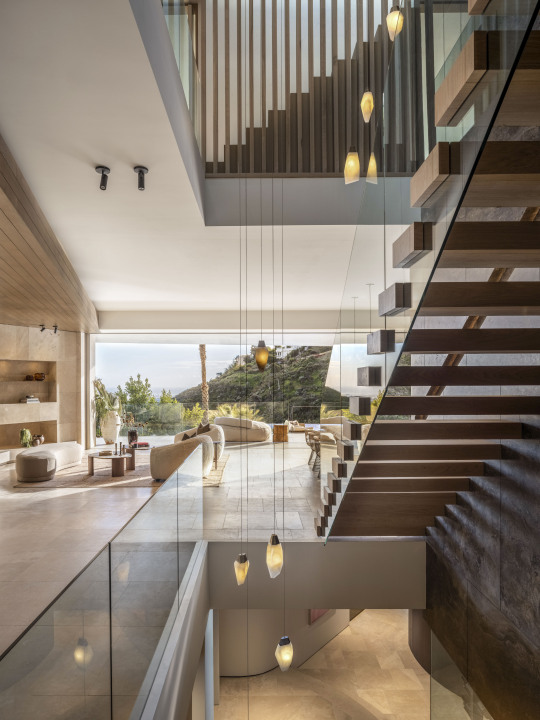
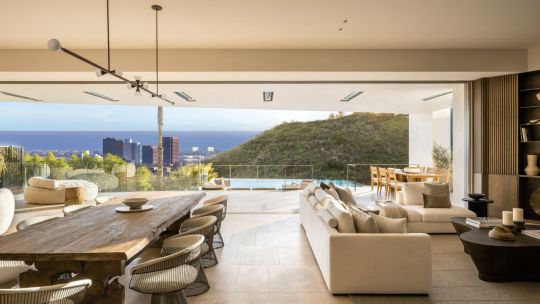
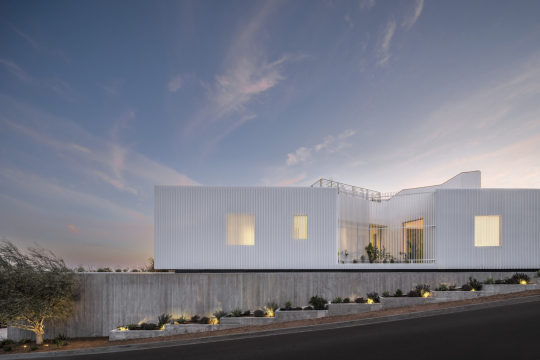
Stradella Ridge House, Los Angeles / SAOTA
90 notes
·
View notes
Text
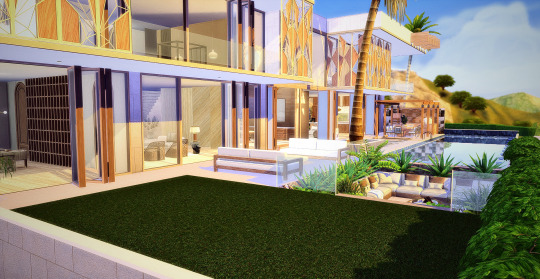
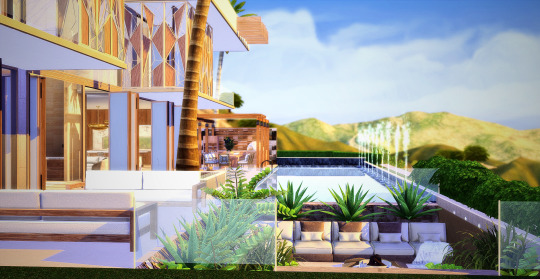


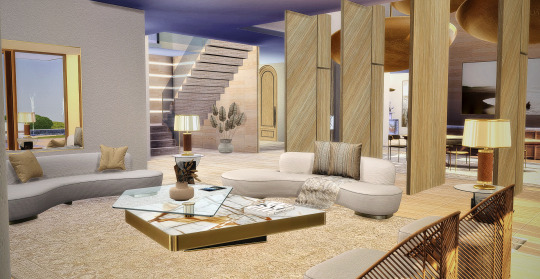
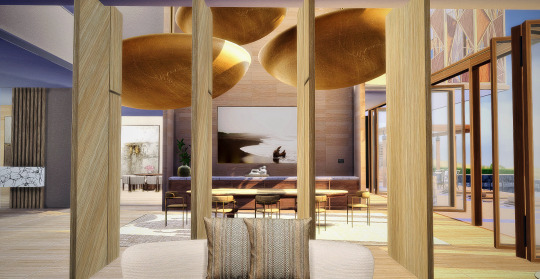
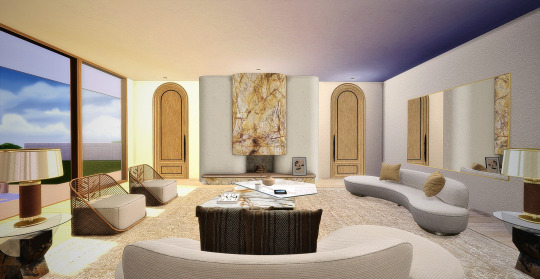
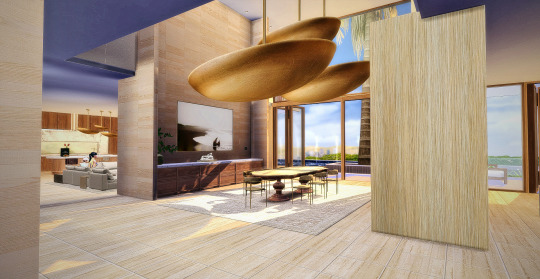


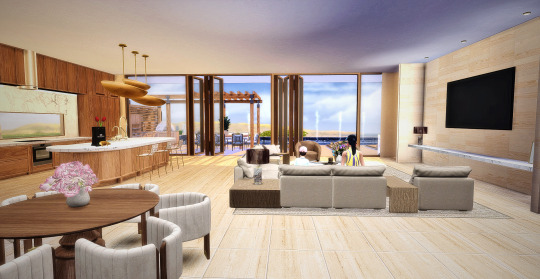
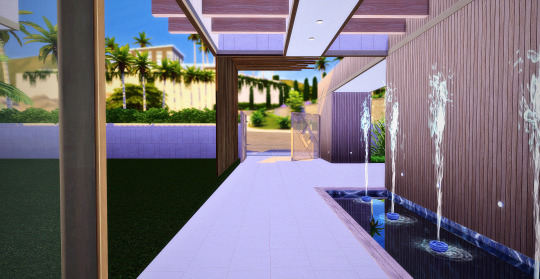
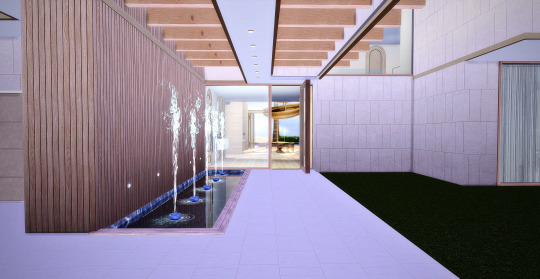
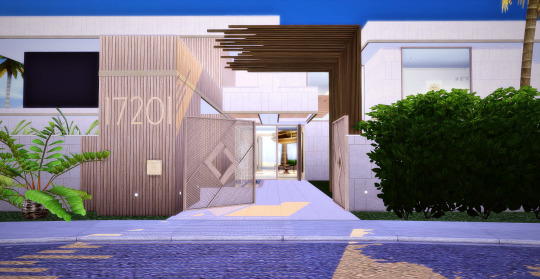
Stradella Cct By Luxssim
27 minutes agoShow less
Based off 10721 Stradella Cct Bel Air, This is by Luxssim sims version. The architecture draws strength from the concrete and wood finish used to create monumental forms. The spatial experience of the estate is based on integrated family living with ample entertainment amenities with generous sheltered outdoor spaces, and cohesive finishes to merge the landscape and living spaces.
IMPORTANT: -This Build is placed on 50x40 (Bailey-Moon Manor) lot in Del Sol Valley - Before placing lot ensure 'bb.moveobjects on' cheat is turned on first - Ensure your game is up to date with all the latest batch fixes
DOWNLOAD HERE Follow me on Instagram A big thankyou to all the CC Creators. Enjoy! Luxssim
#thesims#ts4#ts4cc#luxssim#the sims custom content#ts4ccfinds#thesims4#luxury#thesimscustomcontent#sims4
16 notes
·
View notes
Text
Tour De France 2024
Da Firenze fino a Nizza, passando non solo per la Francia ma anche per la Toscana, l’Emilia Romagna, la Lombardia, con un passaggio nelle colline dell’Oltrepò Pavese, fino a Tortona, porta d’accesso al Piemonte, con una passerella nel centro storico di Torino, dal 29 giugno al 21 luglio sarà il momento della seconda grande corsa ciclistica a tappe stagionale, il Tour de France. La Grande Boucle…

View On WordPress
#arte#ciclismo#cultura#eventi#firenze#francia#Nizza#pavia#rai#rimini#sport#Stradella#torino#Tortona#tv
1 note
·
View note
Video
youtube
New on Youtube: some Baroque music for your Saturday morning:
Alessandro Stradella (1639-1682), Complete Sinfonias
2 notes
·
View notes
Text
youtube
Alessandro Stradella (1643-1682) ? - Sinfonia XXII ·
Manfredo Kraemer · The Rare Fruits Council
7 notes
·
View notes
Text
Alessandro Stradella (1644-82) - Sinfonia Seconda (Sonata di viole) for 3 Violins, 2 Violas, Lute [or Bass] and Continuo in D-Major ("Concertino di due violini, e leuto, Concerto grosso di viole"), IV. Allegro. Performed by Capriccio Basel on period instruments.
#alessandro stradella#baroque#classical music#strings#orchestra#period performance#period instruments#concerto grosso#concerto#sonata#string orchestra#baroque music#rarely performed composers#sinfonia
38 notes
·
View notes
Text
Orchestra Casadei colpevole di traumi generazionali partiti a fine anni '60 in una balera di Stradella con un bambino di 4 anni che ha cercato di fuggire dal vostro concerto (mio padre)
3 notes
·
View notes



